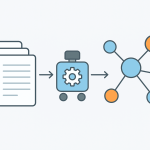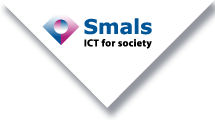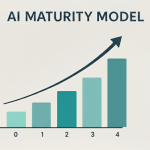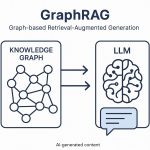Ingestion van ongestructureerde data: hoe maak je automatisch een graph op basis van tekst?

Dit artikel gaat in op de manieren waarop een graph kan worden verkregen op basis van tekstuele data, de verschillende soorten graphs die kunnen worden geëxtraheerd en de tools die vaak worden gebruikt. Continue reading








